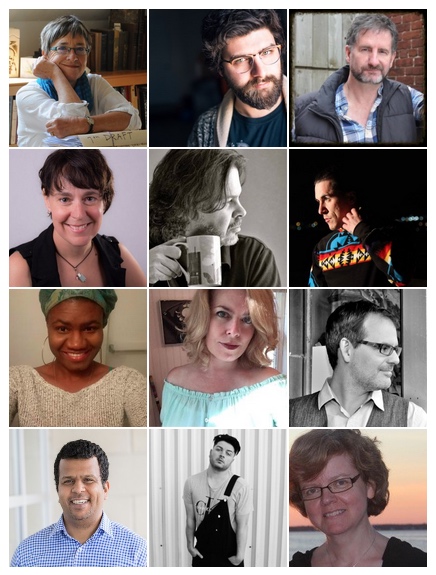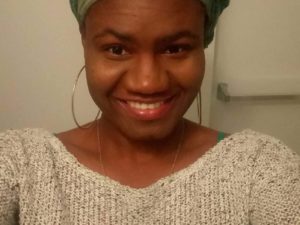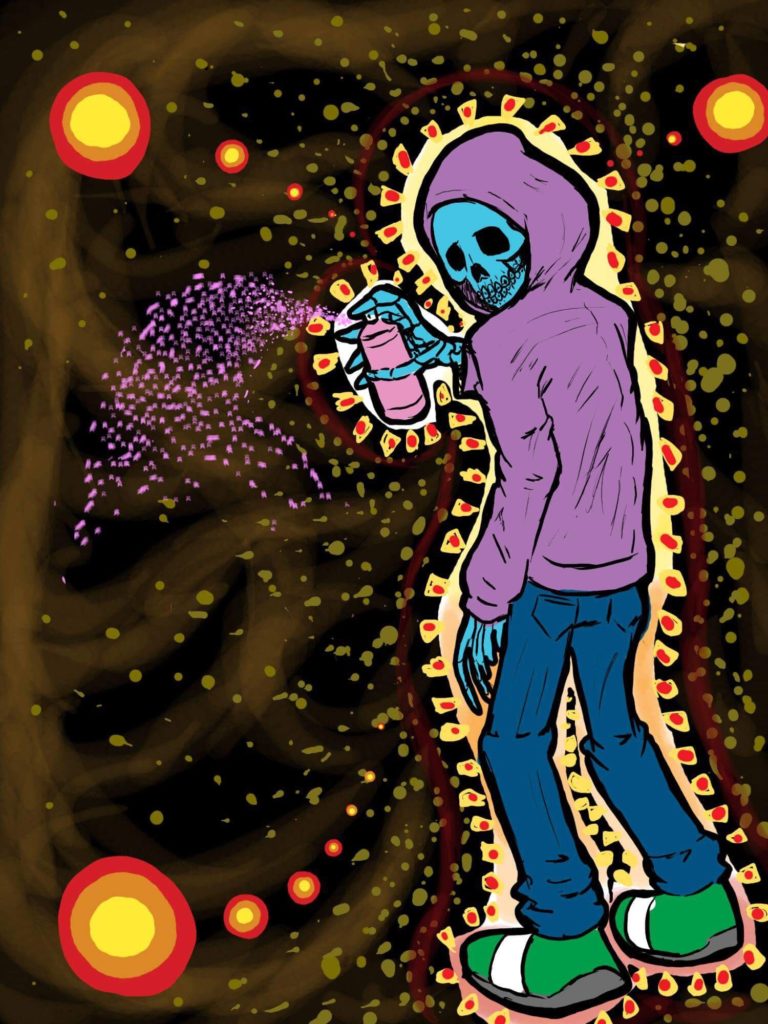français / Mi’kmaq
As is often the case with cross-border initiatives, the project featured in this issue of Ancrages hinges on the priceless participation of a stellar team of translators. Behind the scenes and from their respective desks, these language specialists have carefully studied the authors’ words and intentions so that their writings could reach a wide range of readers and listeners.
The Creating Community project is Ancrages’s first serious venture into the world of translation. And yet, our home province of New Brunswick is a place where translation sometimes plays a crucial role in the dialogue between the two main linguistic communities who live here. But translation, sadly, is all too often reduced to a symbolic exercise carried out in an overly functional or even expeditious manner ; and yet, it offers interesting avenues for expression and literary creation. The translations published in this issue were done with thought and care. We hope you will enjoy reading them.
In Canada, when we speak about translation, we often think of it as a linguistic operation carried out between our country’s two official languages, English and French. Thanks to the invaluable contributions of resource people and translators from the First Nations of Eskasoni and Elsipogtog respectively, this issue also features a selection of texts translated into the Mi’kmaw language. Much more than an interesting geographic representation of the language spoken within Mi’kma’ki, the traditional Mi’gmaq territory whose boundaries transcend those of New Brunswick, the work of this group of translators contains representations of two codes used by contemporary speakers of Mi’kmaq : the Pacific system, and Smith/Francis system. Since the Mi’kmaw communities have yet to come to an agreement about which of these two systems should take precedence, we thought it would be best to offer readers and learners of Mi’kmaq a collection of texts which contains both the Pacific and Smith/ Francis systems.
This issue of Ancrages, then, comes to you in three languages. We hope it will help you think about your own experience of community in New Brunswick. More than anything, our hope is that it will encourage you to travel the bridges laid down for you by this project’s translators so that you may go in search of your neighbors.
Sonya Malaborza
Creating Community coordinator



